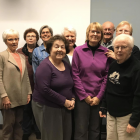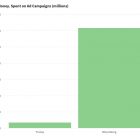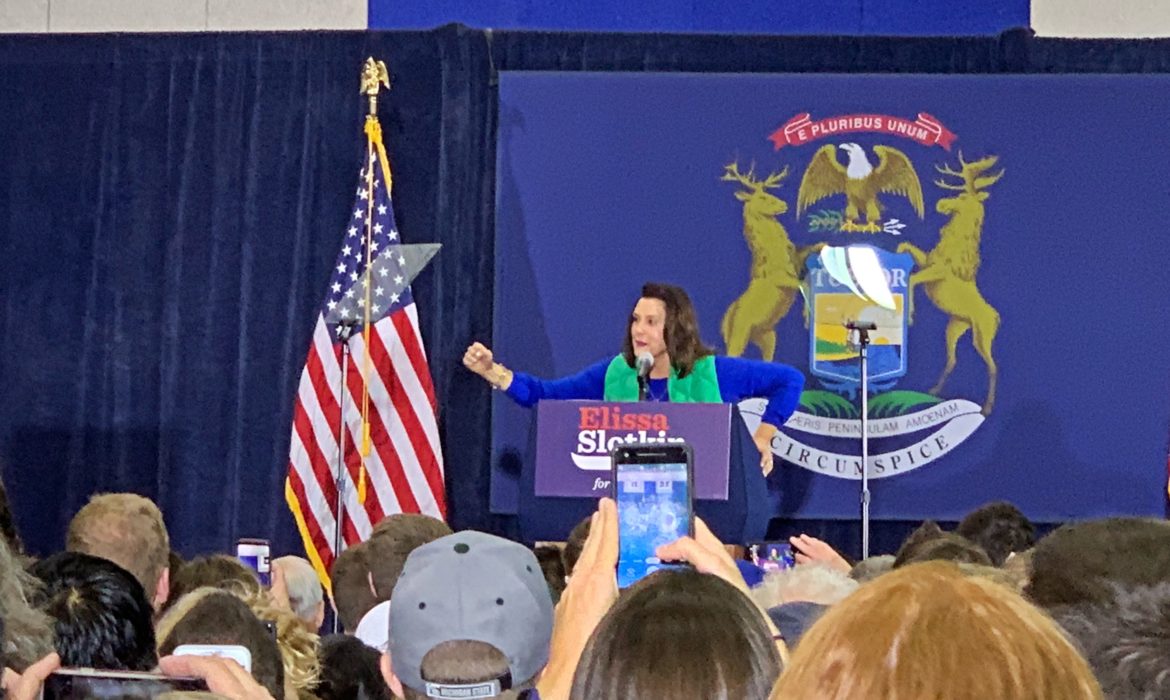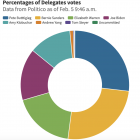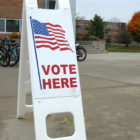Article
League of Women Voters celebrates 100 years of unity
|
League of Women Voters of Lansing Area board meeting on Feb. 5 (left to right): Margo Smith, Camilla Davis, Judy Culham, Barb Bidigare, Cele Friestater, Donna Mullins, Ellen Link, Bob Miller, Dorothy Engelman, Carol Swinehart and Bettie Menchik. Bertha Wallerstein, mother of 87-year-old League of Women Voters member Kate O’Neill, went to jail for protesting in front of the White House for her right to vote in Feb. 1919. O’Neill, former arts writer for the “Lansing State Journal,” described her mother as “passionate and outspoken,” while “dramatic in her approach to life.”
Kate O’Neill’s mother Bertha Wallerstein (right) in 1913
Feb.
